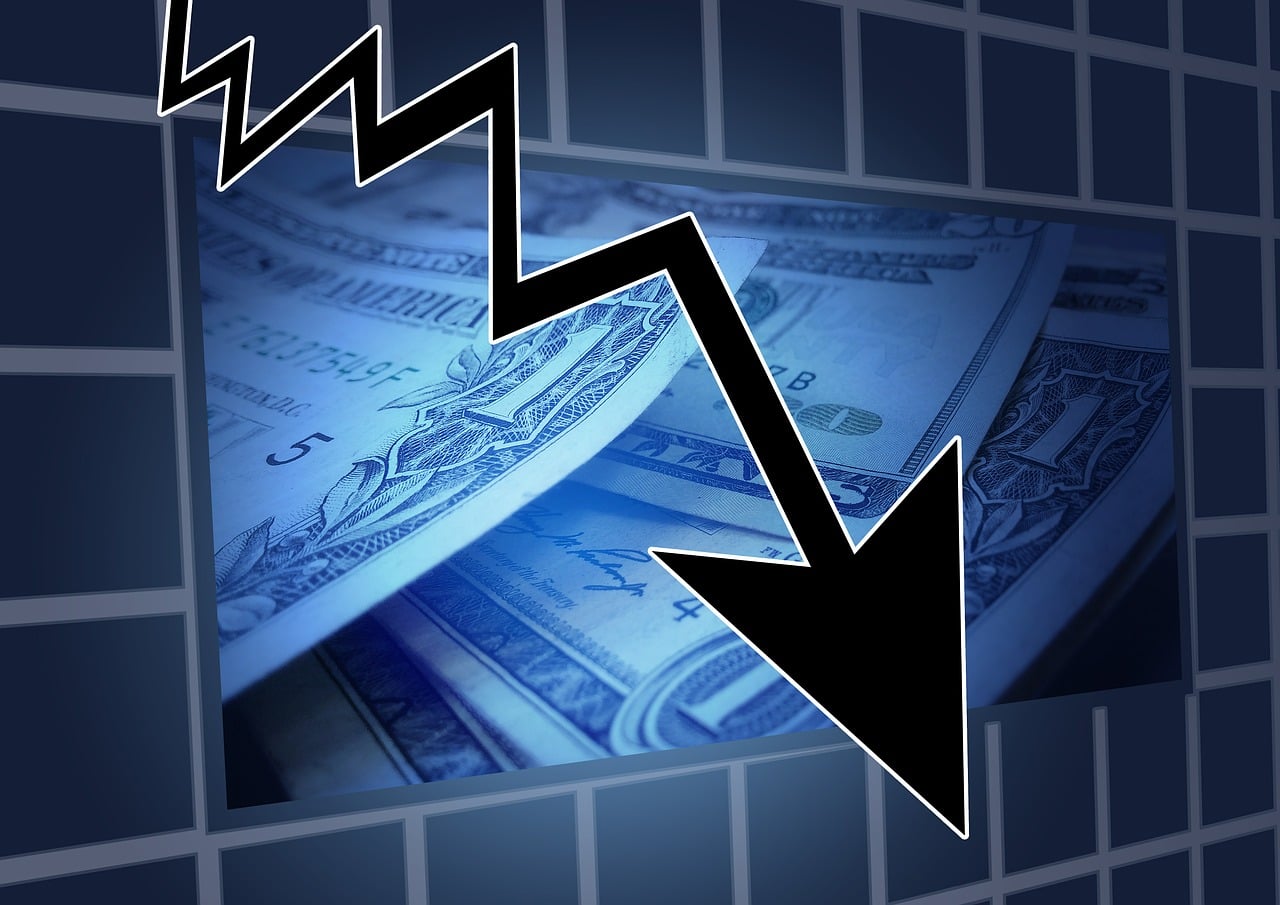Credit rating agency Fitch Ratings has downgraded fallen real estate developer China Evergrande Group (HKG:3333) to “restricted default” after it failed to meet its financial obligations. Analysts have been warning that the default could ignite a property market crisis in the Asian giant.
Q3 2021 hedge fund letters, conferences and more
Evergrande's Default
As reported by CNN, Fitch Ratings has downgraded Evergrande has defaulted on its debt as the company’s month-long due payments went unannounced once the grace period expired Monday. According to the news outlet, “Fitch said the downgrade reflects the company's inability to pay interest due earlier this week on two dollar-denominated bonds.”
As Evergrande’s liabilities rank at $300 billion, the default is anticipated to impact the country’s financial system and send shockwaves in the global economy as warned by the U.S. Federal Reserve.
The developer had alerted of the no-payment possibility in a stock exchange filing Friday last week, by stating it might not have enough money to cancel its debts. It also asserted it was weighing to “actively engage” with creditors abroad to devise a restructuring plan.
“In another filing Monday, the company said it would set up a risk management committee that would be headed by Evergrande's chairman and founder Xu Jiayin to focus on ‘mitigating and eliminating’ future risks,” CNN informs.
The Man Behind The Company
The Evergrande crisis has brought Hui Ka Yan —whose actual name is Xu Jiayin— the company’s founder, to the limelight. He was born in a rural area in China to become one of the country's greatest tycoons.
In his youth, he worked as a warehouseman and in a cement factory, and in an interview, he said: “at that time, my greatest wish was to get out of the field, find a job and be able to eat better.”
Hui Ka Yan managed to enter university in Wuhan and study metallurgy. Upon graduation, he began to move up in various jobs in the manufacturing and steel industries and settled in Shenzhen, in 1990, and six years later founded Evergrande.
Evergrande's success was immediate. In its first real estate project, it managed to sell 323 apartments in one afternoon for 80 million yuan. In its rise and one of its best moments, Evergrande hit the Hong Kong Stock Exchange in 2009, raising the equivalent of $9 billion in its initial public offering.






